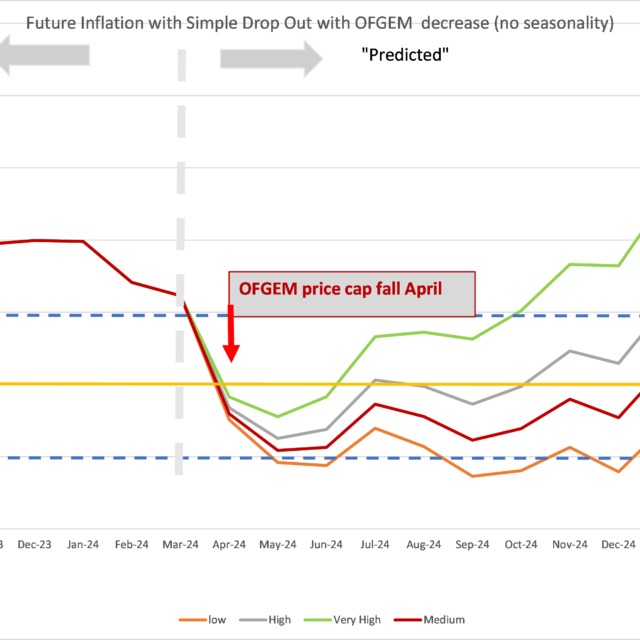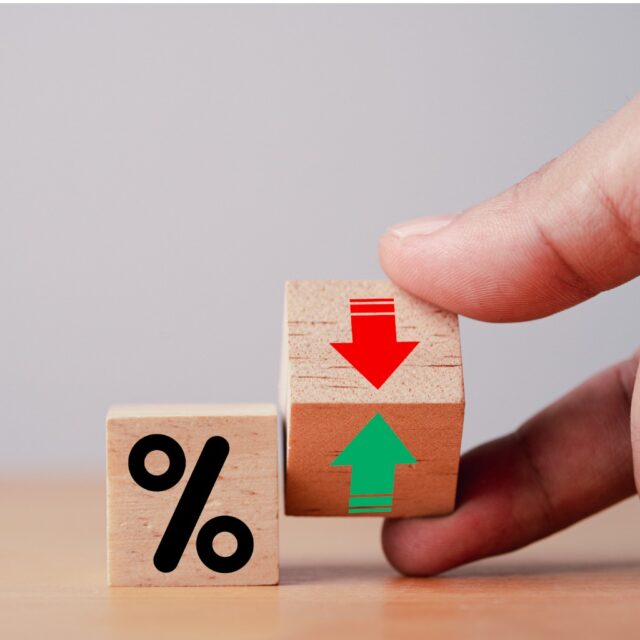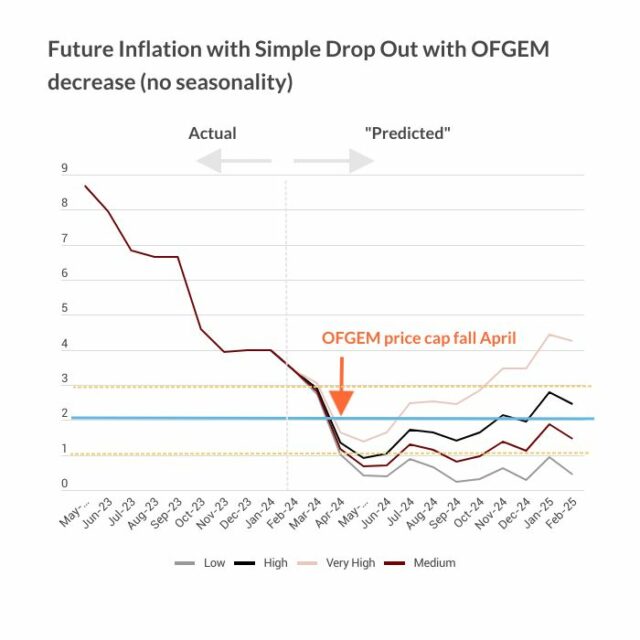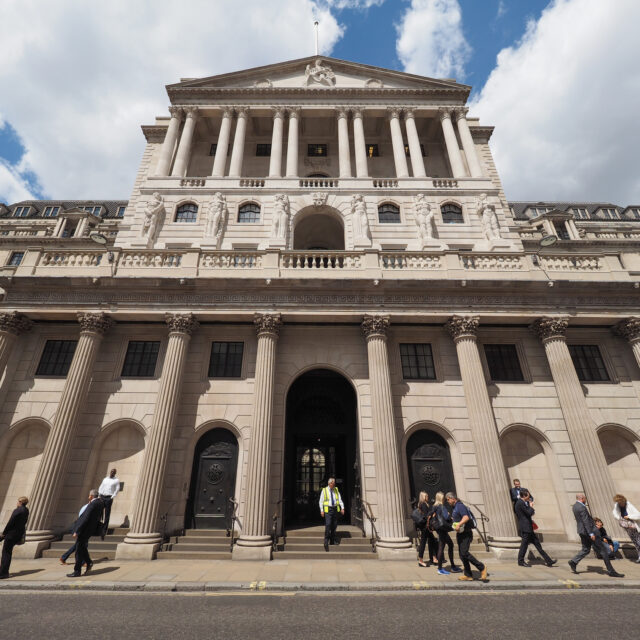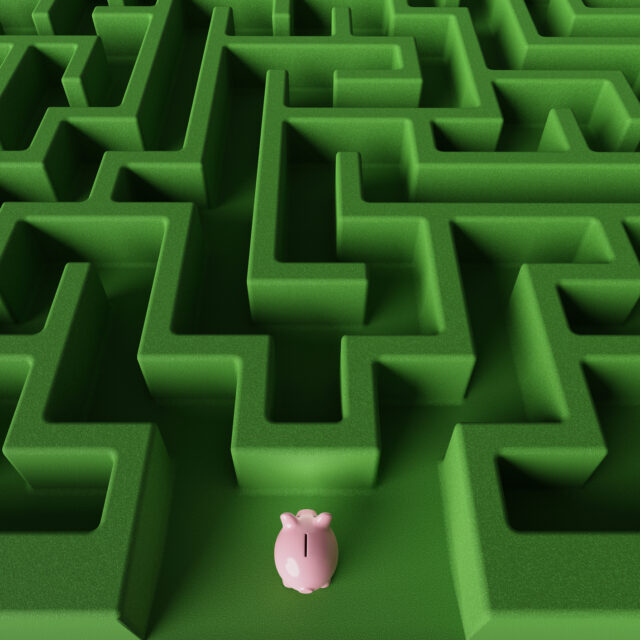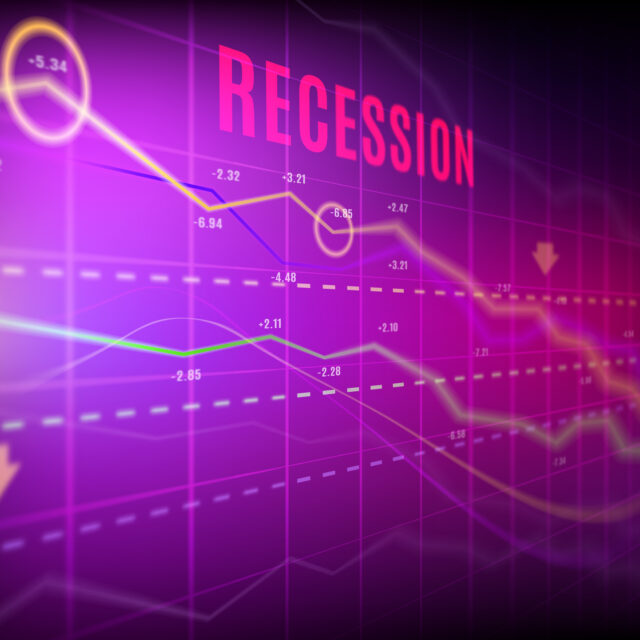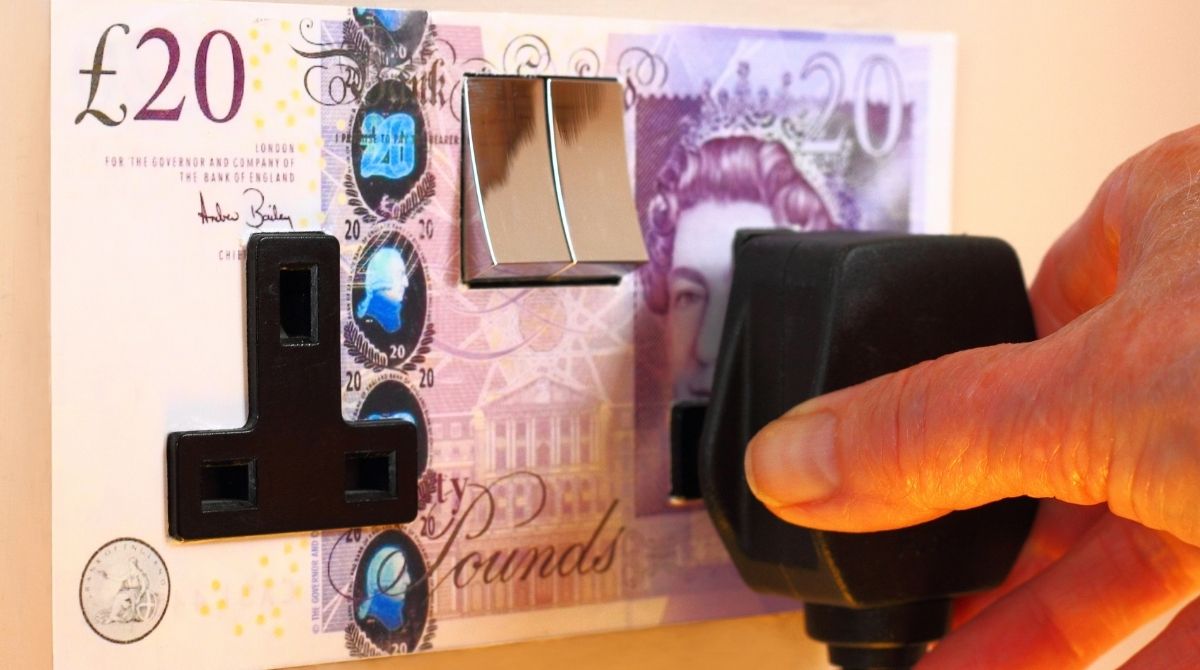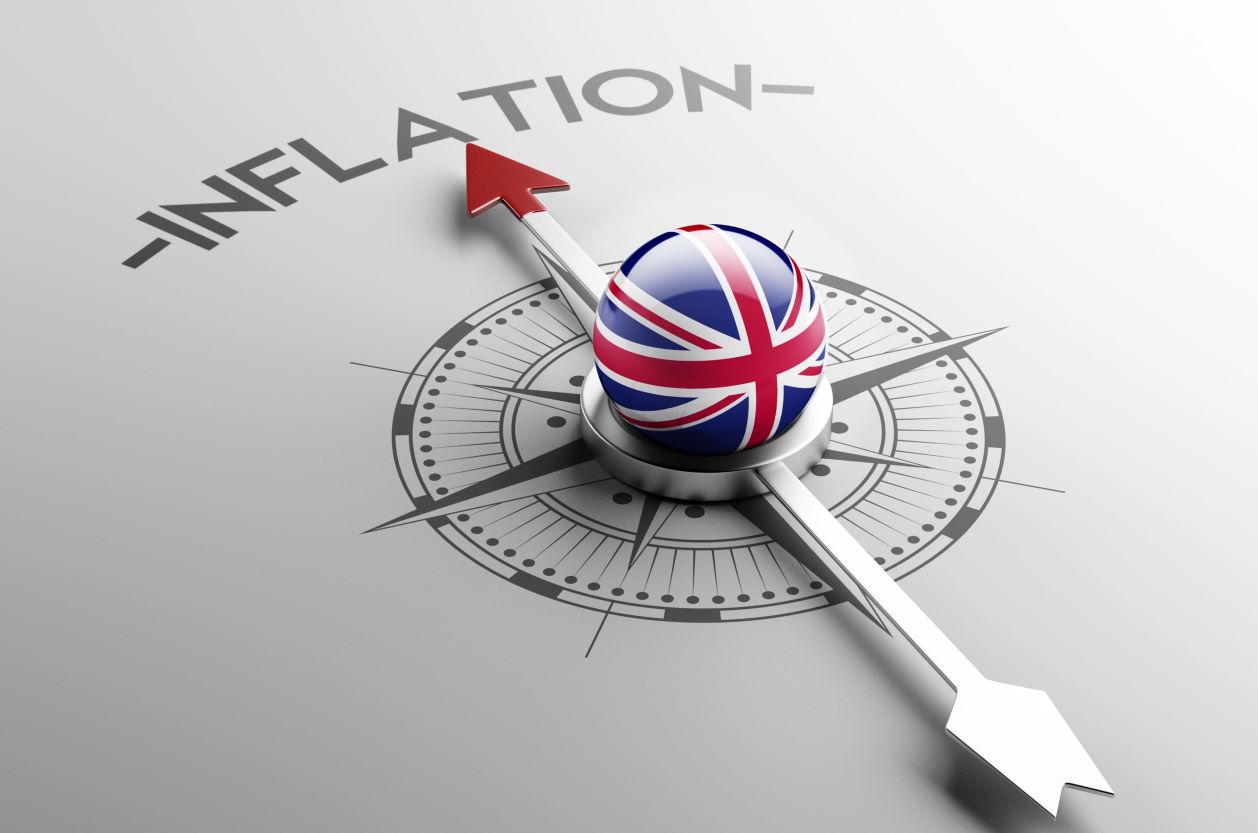Moderate Fall In Inflation In January Masks A Serious Fall In Real Wages
 Pub. Date
Pub. Date
 Pub. Type
Pub. Type
Main points
- Headline consumer price inflation decreased to 10.1 per cent in January from 10.5 per cent in December. Despite the fall, this rate of annual inflation remains among the highest in four decades and markedly above the Bank of England’s inflation target of 2 per cent for the eighteenth consecutive month. Further, NIESR’s measure of underlying inflation, which excludes 5 per cent of the highest and lowest price changes, remained at its series high of 9 per cent for a third consecutive month.
- Market expectations, as implied by the most recent Overnight Index Swaps curve, sees the Bank Rate peaking at 4.50 per cent in summer (likely entailing rate hikes by 25 basis points in the MPC’s next two meetings). As discussed in our recent Winter Economic Outlook, while we think that the peak in rates is high enough to bring inflation back to target around the middle of 2025, a key question will be how long the MPC should maintain the Bank Rate at its peak level, and at what pace should they loosen.
- Today’s revised CPIH data reveals that economy-wide real total (including bonuses) wage growth fell by 3.2 per cent in the year to the fourth quarter of 2022. Workers in different sectors felt this real squeeze asymmetrically: real pay fell by 4.8 per cent for public sector workers over this period, on average, while for private sector workers it was 2.3 per cent.
- Food inflation remains elevated, at an annual rate of 16.7 per cent in January. This is especially concerning given that there is no government support to help households (especially lower income households, who spend a greater proportion of their incomes on food) offset this cost.
“Annual CPI inflation fell in January to 10.1 per cent from 10.5 per cent in December, driven by price decreases in passenger transport and motor fuels, which were partially offset by price increases in alcoholic beverages and tobacco. CPI excluding food, energy, alcoholic beverages and tobacco –the standard measure of ‘core’ inflation - has fallen to 5.8 per cent in January from 6.3 per cent in December. However, NIESR’s measure of trimmed-mean inflation remains at 9.0 per cent for a third consecutive month in January, possibly signalling that we have yet to see a turning point in underlying inflation.”
Paula Bejarano Carbo
Associate Economist, NIESR
For a breakdown of what inflation is and how it is calculated, as well as why the MPC target an inflation rate of 2 per cent, read our blog post here.
Read the previous CPI tracker to follow the analysis

